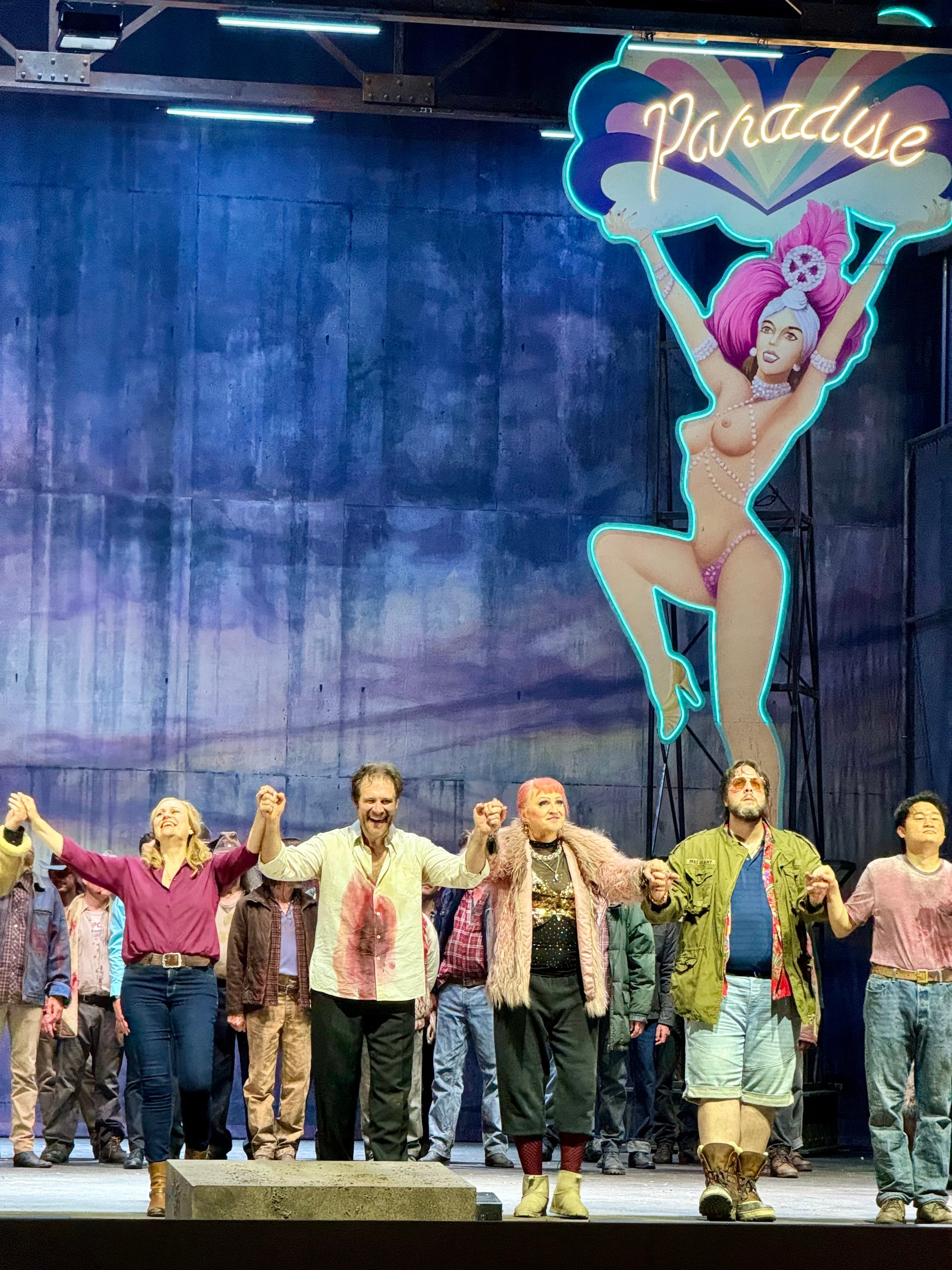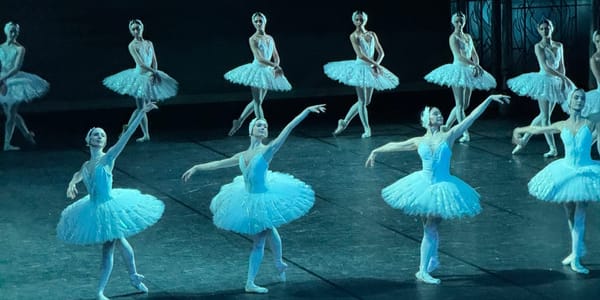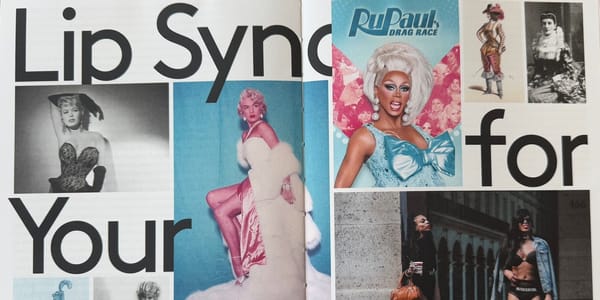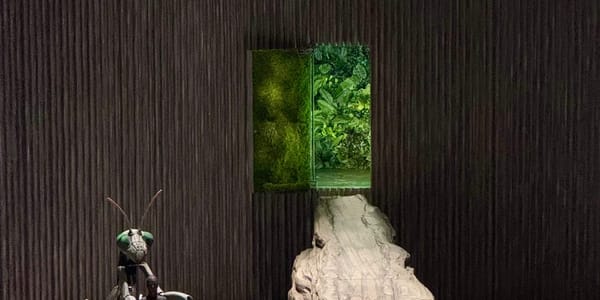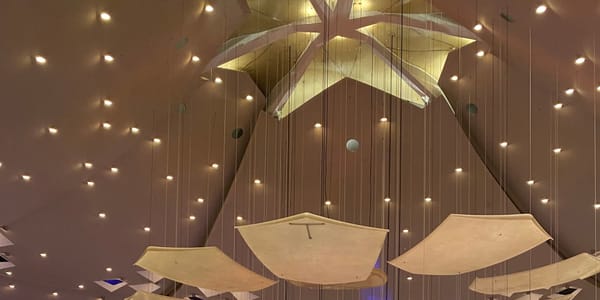La Fanciulla del West at Staatsoper Berlin
This is a story about what happens to a tight-knit community existing on the fringes of society when its members perceive a threatening disturbance from outside.
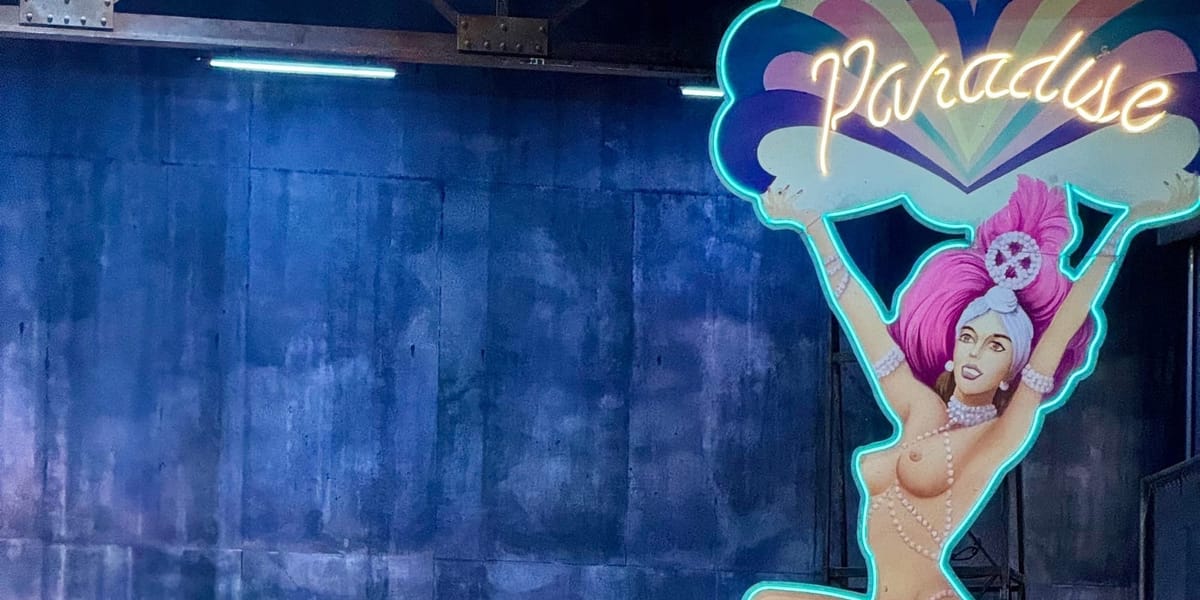
⭐️⭐️⭐️
🎭 La Fanciulla del West
🎶 Giacomo Puccini
🏛️ Staatsoper Unter den Linden Berlin
🗓️ 22.06.2024
Puccini‘s “La Fanciulla del West” is a story about what happens to a tight-knit community existing on the fringes of society when its members perceive a threatening disturbance from outside. Originally set in the heyday of the California gold rush, the production at Staatsoper Berlin places it in a contemporary setting reminiscent of a conservative Trump-voting mining town: the rough-and-tough miners (all men) remind us of more of rural Florida or Alabama than of contemporary SF/LA/Silicon Valley California.
And yet, it is a beautiful paradox that in this staging, the local watering hole is run by a single woman, together with someone (Nick) who could just as well be a man in drag or a trans woman. Not only are these two accepted in their community, but they are respected and fiercely protected when faced with a perceived external threat. We are used to seeing queer characters represented in progressive, urban environments, which is why it is all the more refreshing and wholesome for this juxtaposition of queerness and working-class rurality to be depicted so matter-of-factly.
Much of the plot revolves around Minnie, the owner of this local (drag? burlesque?) bar, and her developing relation with Dick Johnson, the “outsider” who turns out to be a wanted bank robber/leader of a “Mexican gang” on the run. In the context of the plot’s Trumpian setting, I wonder how much of this “dangerous foreigner” framing can be taken at face value, and how much Fanciulla’s modern characters might be influenced by their own media and sociopolitical narratives—especially given the Mexican-American-Native history in this region.
When initially performed in the US in the 1910s, American audiences displayed annoyance at their fairly recent history being exotizised in what they perceived was an un-American and therefore unfitting media format: Italian opera (no such complaints were made about Turandot or Butterfly, two wholly un-Italian stories). Indeed, it is unusual to hear comically American names (Dick, Ashby, Rance) in opera, as well as odes to the Californian dream.
And yet, today, this production of Fanciulla works splendidly by offering a depiction of a multi-faceted American society with complex and deep characters acting ambivalently: in obvious acceptance of queerness, yet critical towards immigration. In defiant support of their community, but violent towards any outsider. With this perspective, Fanciulla has more in common with The Phantom of the Opera than just Dick‘s iconic and sued-for-copyright-infringement “Music of the Night“ motive.
